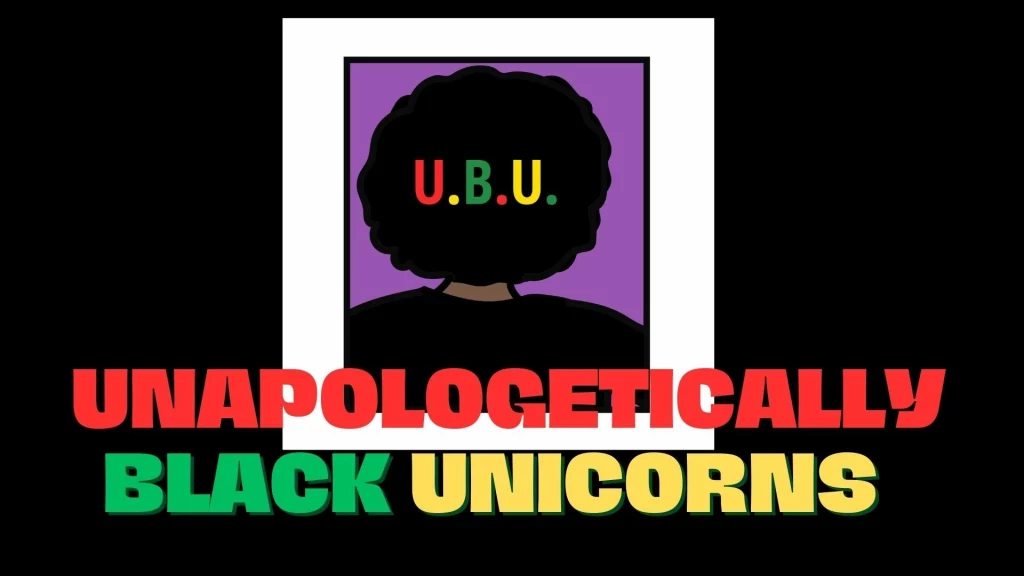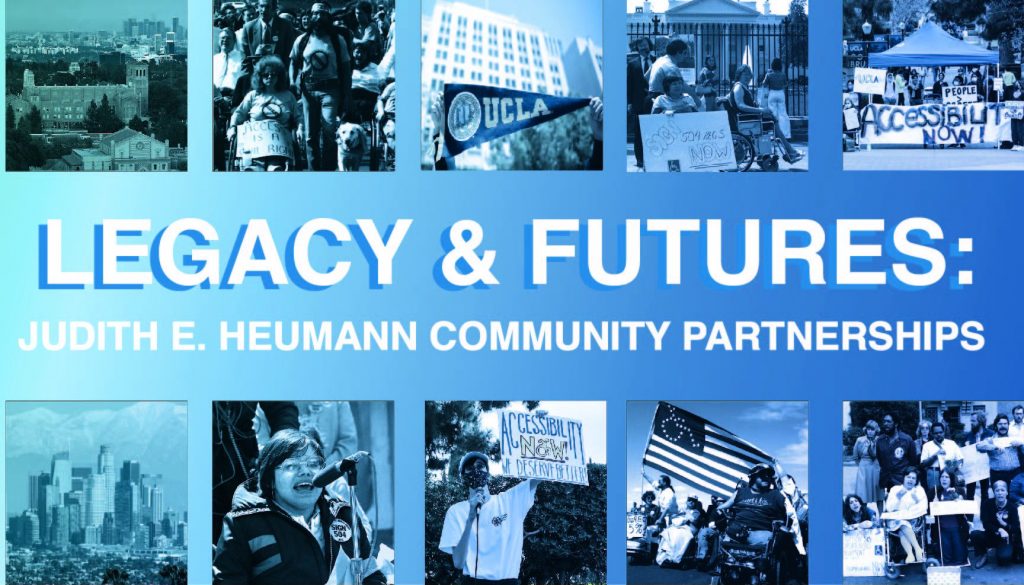The new Inclusion Lab, Legacy and Futures: The Judith E. Heumann Community Partnerships, honors the late disability rights activist Judith E. Heumann as the “mother of disability rights” by offering disability community activists a platform and opportunities for collaboration for UCLA Disability Studies faculty. Together, they can explore ideas, experiment with models and practices, and create activities or events that decenter the tenets of ableism permeating institutional structures.
The inaugural Heumann Lab brings together the expertise of UCLA faculty Dr. Lauren Clark and disability community activist Keris Jän Myrick, MBA, M.S around the disability rights movement and the stigma surrounding psychiatric disability that resulted in care chasms and attacks on civil liberties for people with psychiatric disabilities through advanced coercion. The partnership emerged organically from Dr. Clark and Keris’s positions on the Board of Directors of Disability Rights California (DRC), the only CA protection and advocacy agency designated under federal law to protect and advocate for the rights of Californians with disabilities.
Dr. Clark approached Keris to partner on this project since Keris is someone whose personal and professional experience with mental health and disability rights advocacy complemented Clark’s own knowledge of family and professional care and disability rights. Keris, a leading mental health advocate and executive, values the chance to work with Dr. Clark and UCLA to bridge the knowledge co-creation and co-development between people who have lived experiences and those who teach in higher education. Dr. Clark, a public health nurse specializing in developmental disabilities, hopes to partner with the UCLA health professions educators and providers in the healthcare delivery system to improve care systems for people with developmental disabilities and mental health needs.
“By learning about Keris’s work I have gained a deeper understanding of disability rights and disability access. As a nurse familiar with patients with developmental disabilities and mental health diagnoses, I respect Keris’s lived experience and deep understanding of the intersecting mental health and carceral systems.”
— Dr. Lauren Clark
Keris is the developer and host of the podcast “Unapologetically Black Unicorns” focusing on mental health, race equity, and lived experience. Using the existing platform, Ms. Myrick and Dr. Clark plan to launch a special series of three podcast episodes on the theme of chasms in the continuum of care for people with psychiatric disabilities.
In 30-minute episodes, podcast guests will consider the co-existing developmental disabilities that complicate chasms in the psychiatric care world and the proliferation of California legislation intended to humanely approach the co-occurrence of mental health and homelessness. From there, the podcast will discuss the ways that the chasms can be eliminated and the people who have been failed by the system can be supported. To fill chasms in the care continuum, the podcast will also consider how peers, family, and professionals can be activated through care collectives and care webs. The podcast will also address the intersections of intellectual and developmental disabilities with psychiatric disabilities.

“This feels like exactly the right time, place, and person [Judy Heumann] to do this work. [Judy] would be an unapologetically black unicorn because she was relentless, did not stand for the status quo, [and] she said we have to fight for the civil rights and other social justice needs that have been questioned. At the end of the day, because this is happening with the Heumann lab, it is a sign that people with psychiatric disabilities are part of the disability rights movement.”
— Keris Myrick
The podcast is dedicated to making the information accessible to all, both in the content and through audio transcription and visual descriptions on social media posts. For experts like Keris, the discussions around this topic have been ongoing, yet others are unaware of the issue. It is a way to re-engage some and educate others on the use and advancement of coercion in the mental health space. Although podcasts can feel unidirectional, this special podcast topic will be accompanied by discussion guides so that the audience can further interact with the information with whoever, wherever they are.
The podcasts are just the beginning: the intended partnership is expected to evolve as the two generate ideas and spread discourse to the wider disability and disability studies communities. Check back for updates as the podcast project unfolds on Disability Studies Inclusion Labs and Unapologetically Black Unicorns.
